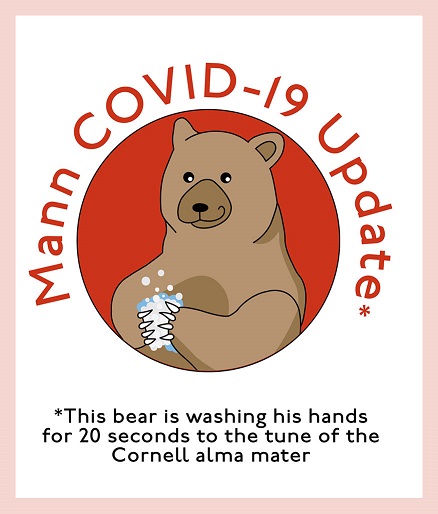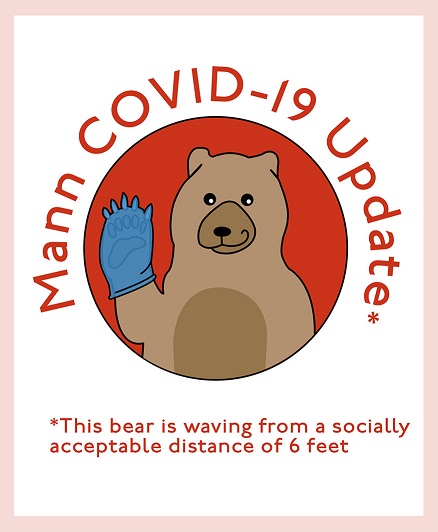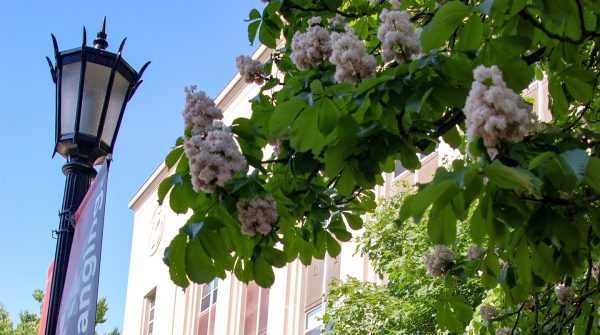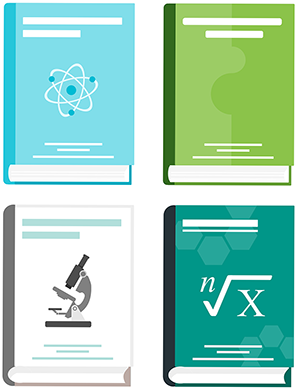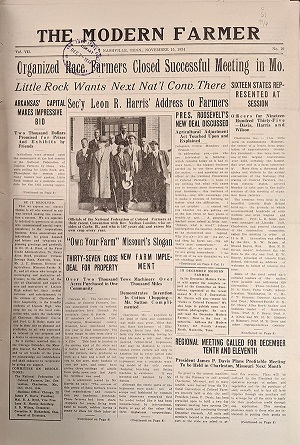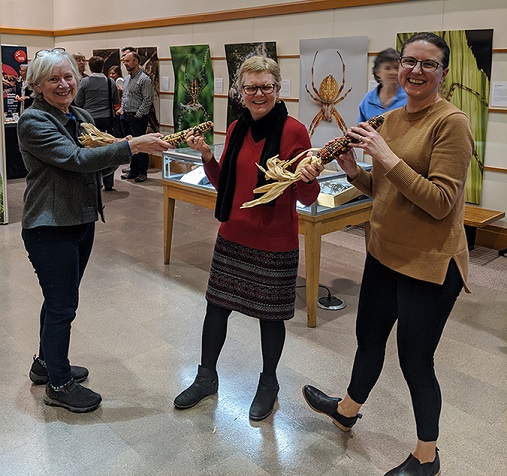We are really pleased to announce that in response to the urgent challenge of COVID-19 mitigation, Cornell University Library is presently able to offer a significantly extended level of access to online resources. This is happening several ways:
1. Extended open access to large collections of high-quality digitized literature is being made available for the COVID-19 emergency period via
- HathiTrust (Cornell logon required; this expansion is providing online access to over half of the Cornell Library collection for the duration of COVID-19 mitigation)
- JSTOR
- Internet Archive National Emergency Library.
2. The Library now also has temporary free access to over 85,000 additional e-books available through our existing subscription to ProQuest’s eBook Central library through mid-June. This almost doubles the number of e-books that Cornell faculty, students and staff can access from eBook Central via the Library catalog – and each title has unlimited access. If you’d like to get a sense of some of the titles involved, check out this page of the library catalog.
3. Finally, also extremely helpful have been the publishers who have stepped up to offer free access directly to the materials that they have released in electronic format. Publishers who’ve joined this line up that may be of particular interest to CALS and CHE faculty include:
- JoVE (Journal of Visualized Experiments) video collection
- ScienceDirect textbooks
- World Scientific
- MIT Press
- Burleigh Dodds Science ebooks
- Emerald ebooks (includes business, accounting, social sciences)
- EBSCO (ebooks now allow unlimited user access)
- ALEKS (mathematics, accounting, statistics, and chemistry)
Up-to-date information extended access to materials can be found at “Published Free” libguide. (Please note, publishers are generally providing extended free access is only for the duration of COVID-19 mitigation period, so access rules are subject to change over the coming months).
For further information about ebooks available through the Cornell University Library—including tips on how to find available ebooks most efficiently — check out our ebook libguide.
Still can’t find an ebook version of the book you need via a search on the Cornell University Library catalog? You can recommend a purchase here and we’ll get on it to see if we can’t order it fast for you!
As always if you end up with questions or need further assistance from a librarian, you can get in touch with us multiple ways, including:
- Hitting the blue “Chat With Us” button visible on the far right of the Mann Library website (new feature!);
- Booking a consultation (presently Zoom-based) with Mann librarians who have expertise in your field of research
- Shooting us an email at mann_outreach@cornell.edu.
One way or the other, we’ll be there for you when you need us—don’t hesitate to reach out.
